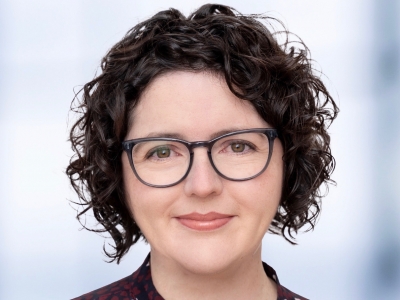Michaela Kelly is a third-year communication studies student in the School of Journalism and Communication. She attended the conference PhilanthroTHINK: The Evolving Nature of Philanthropy in an Increasingly Engaged Culture, hosted by the School of Public Policy and Administration (SPPA) as part of FPA Research Month.
Academics and practitioners interested in new methods of philanthropy and the changing perceptions of effective giving gathered at Carleton University on February 25th as part of the PhilanthroTHINK conference.
Among the discussions held during the day-long event was a panel on “giving circles”, also known as horizontal/collective philanthropy. It featured a presentation from Professor Angela Eikenberry of the University of Nebraska in Omaha, the leading international researcher studying the phenomena of “giving circles”. Eikenberry was able to give the audience a clear understanding of what giving circles are: a group of people who come together to pool resources (funding, pro-bono help, a powerful network, etc.) and decide where to give it. Often these organizations are grassroots in nature and include participants who wish to be more engaged with where their donations are going.
Social Venture Partners (SVP) Toronto is an example of one of those organizations. Its founding partner and co-chair, Daniel Tisch, shared his experience of horizontal philanthropy within SVP, which not only invests in selected charities financially, but also teaches them important professional skills to remain efficient.
He was joined on the panel by Jesse Cressman-Dickinson and Kasia Polanska, who are both board members of JustChange Ottawa. The mission of JustChange is to invest in new ideas that have the potential to have positive social and environmental outcomes in a community. The group offers $1000 micro-grants to a select group of charities.
PhilanthroTHINK also featured a second panel focused on another trend in philanthropy: social impact investments – where contributors expect both a social and financial return and give using tools such as loans, social impact bonds, and pay-for-success investments.
Both of these panels were informative and reinforced the notion that philanthropy continues to evolve with demographic, digital, and social changes. It highlighted how “giving circles” and social impact investing differs from traditional philanthropy. They also fill the need in a culture that wants to be more engaged with the organizations they support.
The event was hosted by the School of Public Policy and Administration (SPPA) as part of FPA Research Month.
-Michaela Kelly
Tuesday, March 1, 2016 in Ambassadors, News, Public Policy and Administration
Share: Twitter, Facebook



